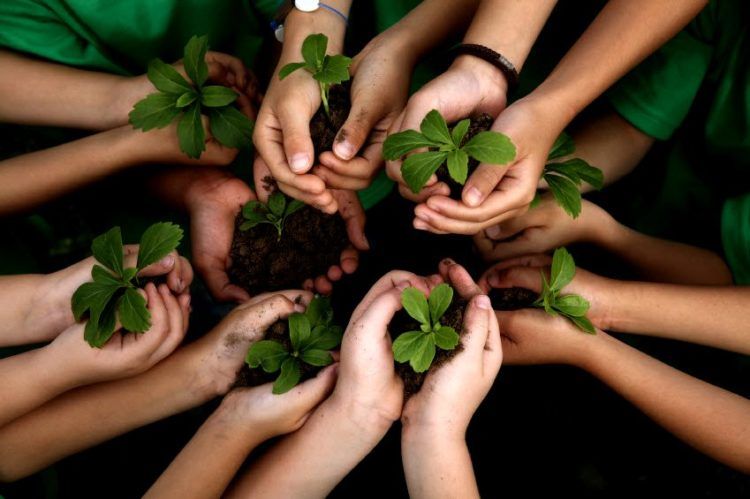Environment
This rapid development and widespread urban sprawl have drastically depleted green cover leading to habitat loss, increase pollution, and significantly impacting the quality of life of urban dwellers. Many Indian cities fall well below the standard of 9-meter square of green space per person,
Declining green spaces and rampant urbanization has also made cities more vulnerable to climate change. Increasing concentrations of greenhouse gases, particularly carbon dioxide (CO2), are leading to an increase in the average surface temperature of our planet which in turn results in rising sea levels, a rising frequency of severe weather events, droughts, floods, forest fires, and declining biodiversity.
Social Forestry offers a unique solution to safeguard our planet, especially our choked cities. Urban trees have been known to significantly improve air quality by absorbing gaseous pollutants through leaf surfaces and intercepting particulate matter in the ambient air. Street trees in Bangalore for example, have been observed to reduce levels of suspended particulate matter and contributed to a 65% reduction in SO2 levels
Trees also help in managing the local climate, for instance, transpiration of water through the leaves of a tree cools the local air temperature. A single tree can provide an air-conditioning efficiency of 20 kW by transpiring about 400 liters of water daily. Trees also provide cooling by providing shade, which lessens the opportunities for urban surfaces to absorb and radiate heat into the local area thereby helping to reduce the Urban Heat Effect.





